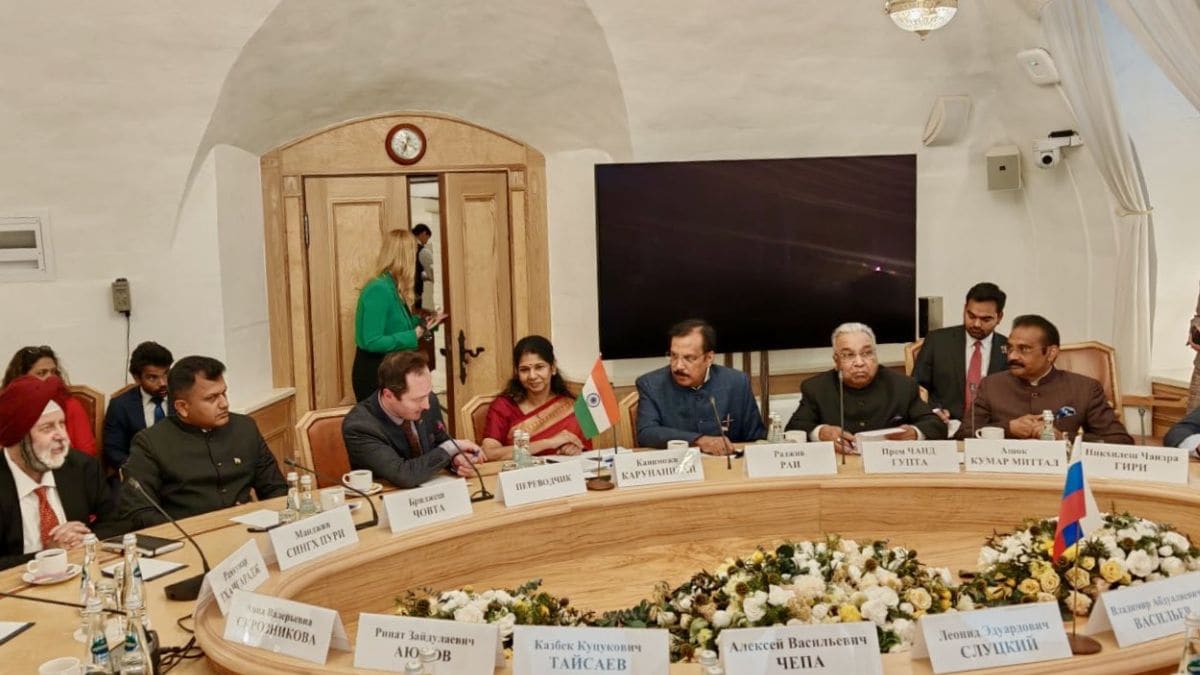

Following the deadly terrorist attack in Pahalgam, India, the nation has reaffirmed its unwavering stance of zero tolerance towards terrorism on all fronts. In a significant diplomatic push, multi-party parliamentary delegations have been dispatched to key global capitals, including Moscow, Abu Dhabi, and Tokyo, to convey New Delhi's resolute position and seek enhanced cooperation in counter-terrorism efforts. This outreach comes in the wake of "Operation Sindoor," India's decisive response to the Pahalgam attack, which targeted terrorist infrastructure across the border.
The Pahalgam attack, which took place on April 22, 2025, saw 26 innocent tourists killed. The attack, claimed by The Resistance Front (TRF), a proxy group of Lashkar-e-Taiba, triggered widespread outrage and prompted India to take decisive action. The government launched "Operation Sindoor" on May 7, targeting terrorist training camps in Pakistan and Pakistan-occupied Kashmir.
In Moscow, the Indian delegation, led by DMK MP Kanimozhi Karunanidhi, engaged with Russian Deputy Foreign Minister Andrey Rudenko to underscore the threat of terrorism emanating from Pakistan. Russia and India share a long-standing strategic partnership and a common stance on combating terrorism. The discussions focused on strengthening cooperation in counter-terrorism and combating radicalism.
In the United Arab Emirates, the delegation, led by Shiv Sena MP Shrikant Shinde, conveyed a message of harmony, tolerance, and peaceful coexistence, values shared by both India and the UAE. The delegation's visit to the Sheikh Zayed Grand Mosque and the BAPS Hindu Temple symbolized the shared commitment to these values. Discussions with Emirati leaders, including Sheikh Nahyan Mubarak Al Nahyan, Minister of Tolerance and Co-Existence, centered on bolstering cooperation in counter-terrorism efforts. Sheikh Nahyan affirmed the UAE's unwavering support for India in its fight against terrorism, stating that the two nations would tackle the menace together.
In Japan, the delegation, led by JD(U) MP Sanjay Jha, met with Japanese Foreign Minister Takeshi Iwaya and other key officials. Jha emphasized India's zero-tolerance policy towards terrorism and sought Japan's support in holding perpetrators, organizers, financiers, and sponsors of the Pahalgam attack accountable. Iwaya expressed Japan's solidarity with India and the world in the fight against terrorism, offering condolences to the victims of the Pahalgam attack. The delegation also met with Yasuhiro Hanashi, Acting Chairperson of the Research Committee on Counter-terrorism of the Liberal Democratic Party (LDP), where both sides reiterated their zero-tolerance approach to terrorism.
These diplomatic engagements highlight India's proactive approach to counter-terrorism, combining military action with strategic outreach to build international consensus and support. By engaging with key partners like Russia, the UAE, and Japan, India aims to isolate terror networks and exert pressure on Pakistan to take concrete steps to dismantle terrorist infrastructure within its borders.
India's firm stance against terrorism is rooted in the principle that "terror and talks cannot go together." This position reflects a determination to hold Pakistan accountable for its support to cross-border terrorism and to create an environment conducive to peace and stability in the region. India has made it clear that any dialogue with Pakistan will only focus on terrorism and the issue of Pakistan-occupied Kashmir (PoK).
"Operation Sindoor" and the subsequent diplomatic outreach demonstrate India's commitment to protecting its sovereignty and citizens from terrorist threats. By adopting a proactive and multi-faceted approach, India aims to deter future attacks, dismantle terrorist networks, and foster a more secure and stable regional environment. The global community is increasingly recognizing the need for a united front against terrorism, and India is playing a leading role in galvanizing international efforts to combat this menace.